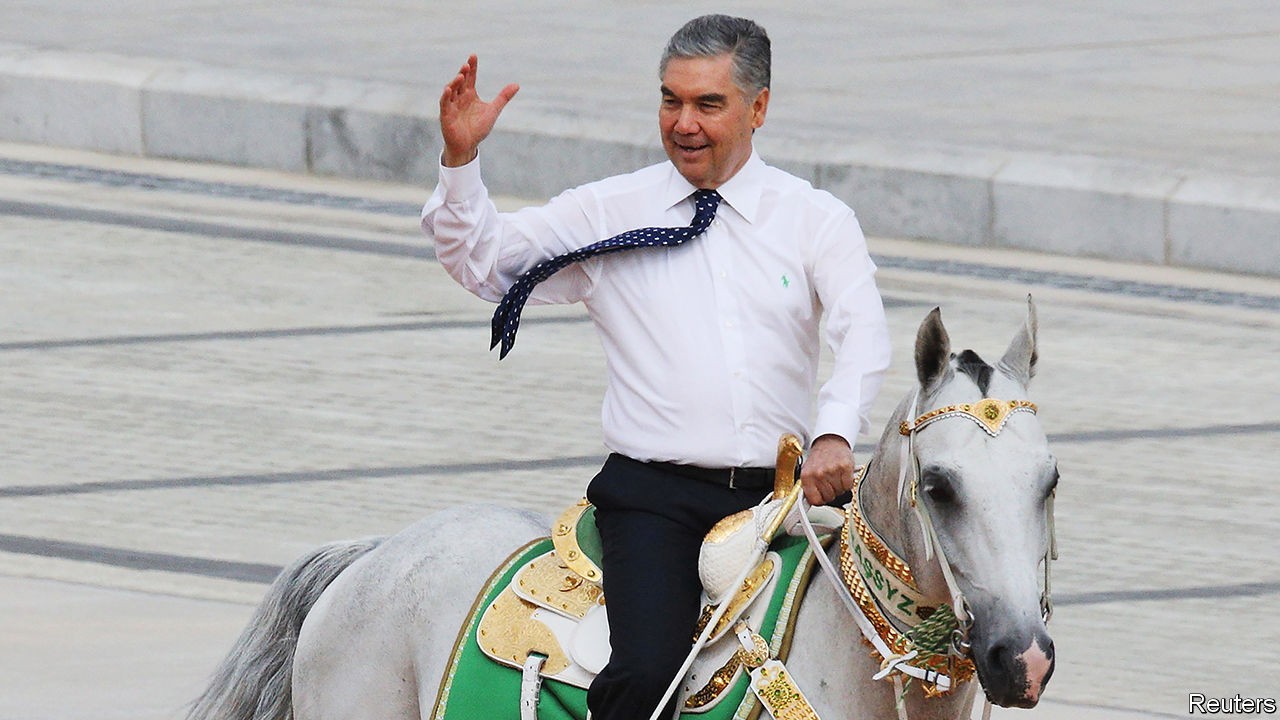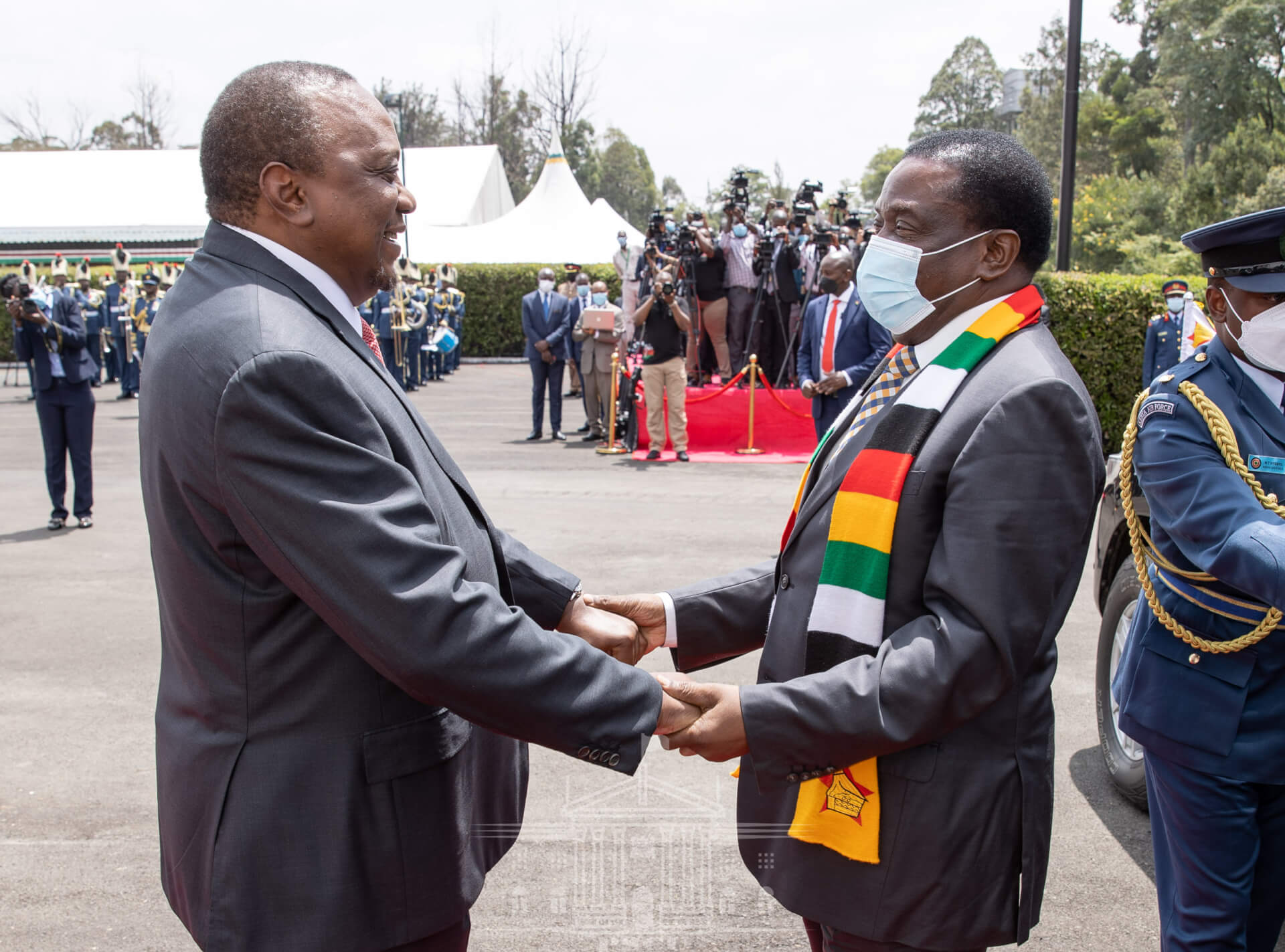South Asia
ISIS claimed responsibility for a suicide attack in Balochistan that killed seven paramilitary troops. The violent incident took place just 800 metres from the location of a function that was attended by Pakistani President Arif Alvi. [NDTV]
A six-year-old boy was killed during a fire that ravaged a Rohingya refugee camp in Cox’s Bazar, Bangladesh. The incident, which is the sixth to have hit the camp in the past year, destroyed several makeshift houses of the refugees, leaving 2,000 residents homeless. [Al Jazeera]
Central Asia and the Caucasus
After almost two years, Tajik authorities have lifted almost all COVID-19 restrictions, including mandatory mask-wearing in public places and the ban on gatherings and celebrations. The country’s coronavirus task force said that the decision to lift the restrictions was made “while taking into consideration the normalization of the epidemiological situation.” [RFE/RL]
Turkmenistan is set to hold an early presidential election on Saturday, March 12. President Gurbanguly Berdimuhamedow’s 40-year-old son Serdar, who is currently a deputy prime minister, is speculated to be the likely successor. [TRT World]
East and Southeast Asia
Hong Kong’s “high degree of autonomy” from China could last for an extended 50 years even after legally expiring in 2047, Xia Baolong, the director of the Chinese mainland agency responsible for Hong Kong, said on Wednesday during the Chinese Communist Party’s annual parliamentary session in Beijing. [The Straits Times]
Indonesia’s Mount Merapi volcano erupted overnight Thursday, forcing about 250 local residents to flee to temporary shelters as ash blanketed nearby villages and towns. No casualties were reported. [Channel News Asia]
Europe
Kosovo’s Prime Minister, Albin Kurti, urged the European Union (EU) and North Atlantic Treaty Organization (NATO) to ease their membership processes in light of the “extraordinary situation” prompted by Russia’s invasion of Ukraine. Kosovo declared independence from Serbia in 2008 after a bloody war in 1999. Currently, NATO countries Slovakia, Romania, Greece, and Spain do not recognise Kosovo. The same countries and Cyprus are also blocking Kosovo’s accession to the EU. [EURACTIVE]
British Foreign Secretary Liz Truss announced new measures that allow the government to detain and remove Russian aircraft that belong to sanctioned individuals or organisations. In addition, the newly introduced powers would also allow the restriction of aviation or space-related exports to Russia. [Politico]
In a new round of sanctions released on Wednesday, the European Union blacklisted the CEO of Aeroflot, Russia’s largest airline, and other oligarchs, including the son-in-law of foreign minister Sergei Lavrov. The measures add to a barrage of sanctions imposed by the Union on Russia for invading Ukraine, and on Belarus for aiding Russia. [Reuters]
Latin America and the Caribbean
On Wednesday, Brazilian President Jair Bolsonaro failed in his bid to expedite a vote to legalise mining on Indigenous reservations. Party whips in the lower house of Congress opined that fast-tracking the bill without committee hearings could result in pushback from voters in an election year. Brazil is one of the world’s top food producers but also imports 85% of fertilizer; 25% of this is sourced from Russia, which has suspended exports of fertilizer and is also under heavy Western sanctions. [Reuters]
United States President Joe Biden confirmed that Venezuela has released two American citizens, Gustavo Cárdenas and Jorge Alberto Fernández, following talks about the relaxation of sanctions in Caracas. Cárdenas is one of the CITGO6, a group of oil executives who have been held in the country for over three years on charges of corruption after being lured to Caracas under the false pretences of doing business with the state-owned oil company PDVSA. [BBC]

Middle East and North Africa (MENA)
More than 500 protesters gathered in a central square in the southern Iraqi city of Nasiriya on Wednesday to protest against rising food prices, especially of cooking oils and flour. Government officials have attributed the skyrocketing prices to the conflict in Ukraine, which is a major producer of sunflower oil and wheat. [Al Jazeera]
In a historic visit that is being described as “a turning point in relations between Turkey and Israel,” Israeli President Isaac Herzog met Turkish President Recep Tayyip Erdoğan in Ankara on Wednesday. It marked the visit by an Israeli official since Prime Minister Ehud Olmert’s trip in 2008. The pair discussed events in Ukraine and in the Eastern Mediterranean. [The Times of Israel]
North America
The United States (US) Department of Defence on Wednesday confirmed that North Atlantic Treaty Organization (NATO) members will not be providing jets to Ukraine amid the Russian invasion, calling it a “high risk move.” The Pentagon’s decision comes after the Polish government earlier offered Soviet-era MiG fighter jets to the US and NATO in order to be transferred to Ukraine. [NBC News]
On Wednesday, the Lower Chamber of the United States (US) Congress approved an aid package worth $13.6 billion for Ukraine and its European allies as they ward off a belligerent Russian military assault. The aid package includes $6.8 billion for economic assistance for refugees and $6.5 billion to cover Washington’s costs for sending its military to Eastern Europe. [ABC News]
Oceania
On Wednesday, Australian Minister for Foreign Affairs Marise Payne met China’s new ambassador to Canberra, Xiao Qian, but failed to resolve outstanding issues. Payne reportedly discussed maintaining ministerial dialogue, free and open trade, stability in the Indo-Pacific, human rights, the Russian invasion of Ukraine, and Australians detained in China. The meeting is the only high-level consultation between both countries in years due to fraught relations. [The Sydney Morning Herald]
On Wednesday, New Zealand’s parliament unanimously passed the historic ‘Russia Sanctions Act’ amid the Russian invasion of Ukraine. Minister of Foreign Affairs Nanaia Mahuta condemned Russia’s “unprovoked, unjustified and inhumane aggression” against Ukraine and said the legislation would allow the government to impose economic sanctions on Russian individuals and entities and other states aiding the war. The first series of sanctions under the new legislation are expected to be announced next week. [Government of New Zealand]
Sub-Saharan Africa
During a visit to Nairobi yesterday, Zimbabwean President Emmerson Mnangagwa signed seven cooperation agreements with his Kenyan counterpart Uhuru Kenyatta. The agreements pertain to diplomatic relations, women empowerment, community development, youth affairs, sports and recreation, tourism, wildlife conservation, civil aircraft accidents, and serious incidents investigations. Kenyatta also backed Zimbabwe’s calls for a removal of Western sanctions. [The East African]
On Wednesday, Senegalese President Macky Sall urged his Russian counterpart Vladimir Putin to broker a “lasting ceasefire” in Ukraine and indulged in United Nations (UN)-backed negotiations. Senegal previously abstained from voting in a UN General Assembly resolution that condemned Russia’s invasion of Ukraine and demanded an immediate withdrawal of its troops. [Africanews]

